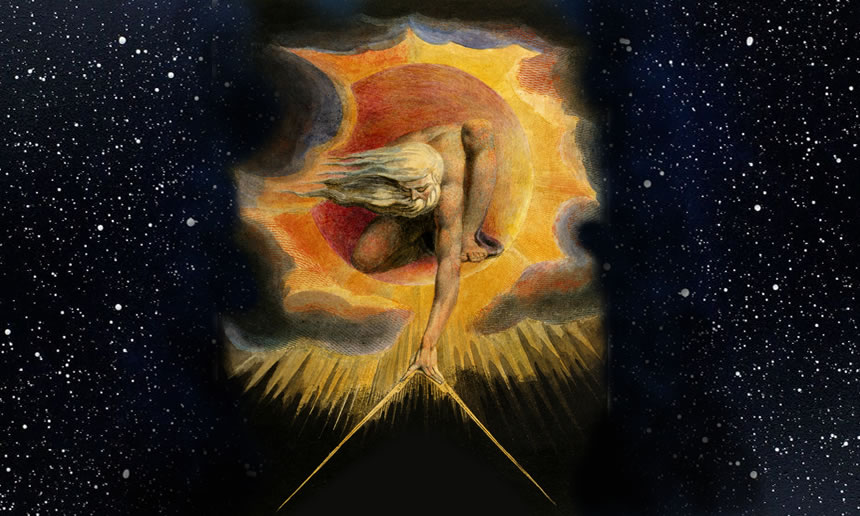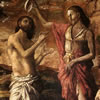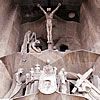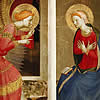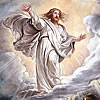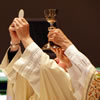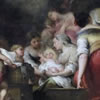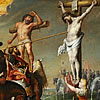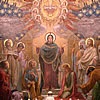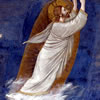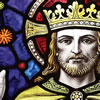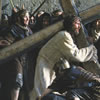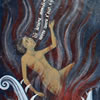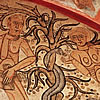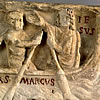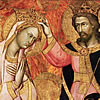Understanding Predestination
Every Sunday we profess in the Creed that we believe in the “resurrection of the body, and life everlasting.” That means we believe that at the end of time, our body will reconstitute and be reunited with our soul, judged, and live that way for the rest of eternity. Predestination means that even before God flung the universe into existence, he as judge knew the verdict for each of us. This is symbolically represented as the Book of Life in Revelation 20:15 that says, “Anyone whose name was not found written in the book of life was thrown into the pool of fire.”
The question that arises in this doctrine is whether or not we have free will. The answer is yes, we have free will. It is one of the basic tenets of Christianity and applies to everything else. When we apply it to the concept of Predestination, it means we write our own destiny. At the same time, since God is all knowing, he knows every minutia of how we will live our lives, without moving us as if we were puppets. God may influence us to do certain things but always leaves it up to us to decide. Even when he gives us grace, we need to cooperate freely with it so it becomes effective in us. In the context of Predestination, God has judged us in what we are going to do, and he can do this even before he created us because all time is present to him. Allegorically, even before creation, those who are deserving of heaven have their names already written in the symbolic Book of Life. The idea of Predestination, then, is not meant to demonstrate our lack of freedom, but instead, a means to show God’s glory.
There is another concept called Double Predestination wherein God is the one who determines where we end up. In this idea, God is not a judge, but the writer of our destiny. Regardless of what we do, we end up where he has determined we will go. If we were to develop this idea, it means God created some of us to be purposely damned. This is something Catholics cannot subscribe to because it goes against that most basic of principles – free will. This idea is dangerous, in fact, because many have questioned the idea of doing good works for it really won’t matter in the end if our destiny is predetermined by God anyway.
As Catholics, we believe that every moment is a moment we write the ending of our personal story. Although we are unsure of that ending, God already knows it. If our ending is unclear to us, we should trust that God knows what is in our hearts, and will give us the grace so that each moment of our life contributes in writing that glorious ending.
We should make Mary our model in this endeavor; she wasn’t given the nitty-gritty of God’s plan for her, but she trusted him fully. In the end, through her Assumption, we are shown the reward that awaits all of us – an eternal life with God in the world to come.
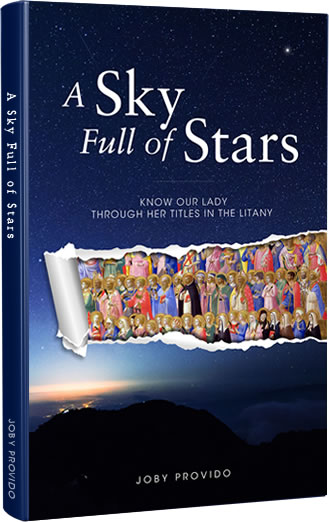
A Sky Full of Stars
Know Our Lady through her Titles in the Litany
The Church helps us understand who Mary is by honoring her with different titles in the Litany of the Blessed Virgin Mary. Unfortunately, over time and difference of culture, we might not grasp what it is the Church is ascribing to her and lose that opportinity to get to know her.
In A Sky Full of Stars, each title of the Litany is explained so we get know Mary more and fall in love with her all over again.
Get your copy now either in Hardbound, Paperback, or Kindle
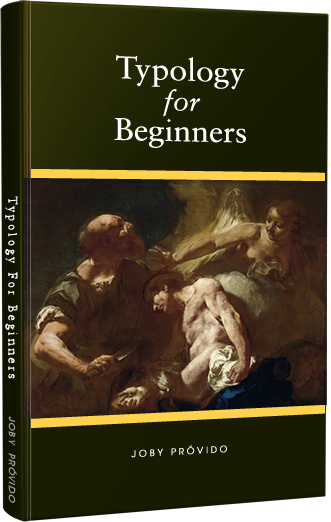
Typology for Beginners
A Catholic Perspective on understanding the New Testament through the Old Testament
First-century Jews converted to Christianity in droves because of the way the New Testament was written to show Jesus was the Messiah promised by the Old Testament. We also learn about how Mary is the New Eve and the Ark of the Covenant in the way the writers portray her.
Through typology, the patterns that connect the Old and New Testaments make the Bible stories more accessible so that one becomes excited to read Sacred Scripture again.
Get your copy now either in Hardbound, Paperback, or Kindle
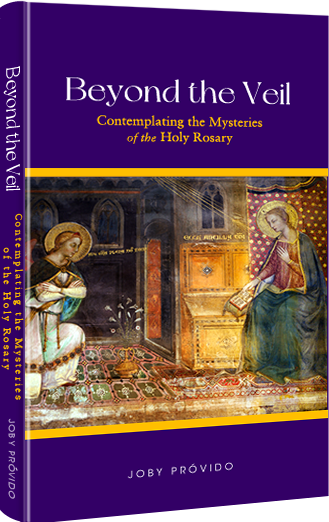
Beyond the Veil
Contemplating the Mysteries of the Holy Rosary
Prayer giants like Pope St. John Paul II, Pope Paul VI, Bl. Archbishop Fulton Sheen, and Bishop Robert Baron advocate that we contemplate on the mysteries of the rosary while we say the vocal prayers. Unfortunately, there are not many books that teach us how to do this. Beyond the Veil comes to the rescue by suggesting seven ways we can pray the rosary the way it was intended.
The larger part of the book offers mental images for each of the mysteries we can use in our contemplation, for how can we imagine the scenes in the rosary if we don't know about them?
Get your copy now either in Hardbound, Paperback, or Kindle
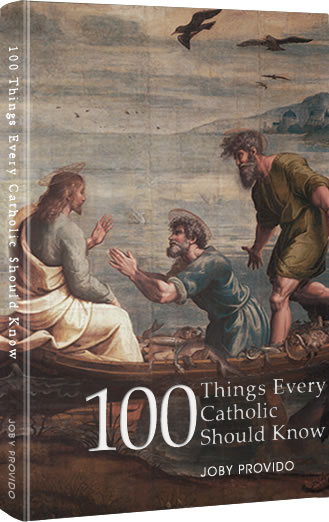
100 Things Every Catholic Should Know
Whether or not you are new to the Catholic Church, or struggling, or lapsed, or dynamically involved, this book will enlighten you with the essentials of the Faith that have been handed down to us by the apostles.
Each of the 100 topics is easy to read and distilled into bite-sized portions. Through cross-referencing, the book also shows how the topics are interrelated. Those who are new to the Faith will find this book an edifying handy reference, and those who have simply forgotten will find it a great review material that might spark a new love for God and religion.
Get your copy now either in Hardbound, Paperback, or Kindle


